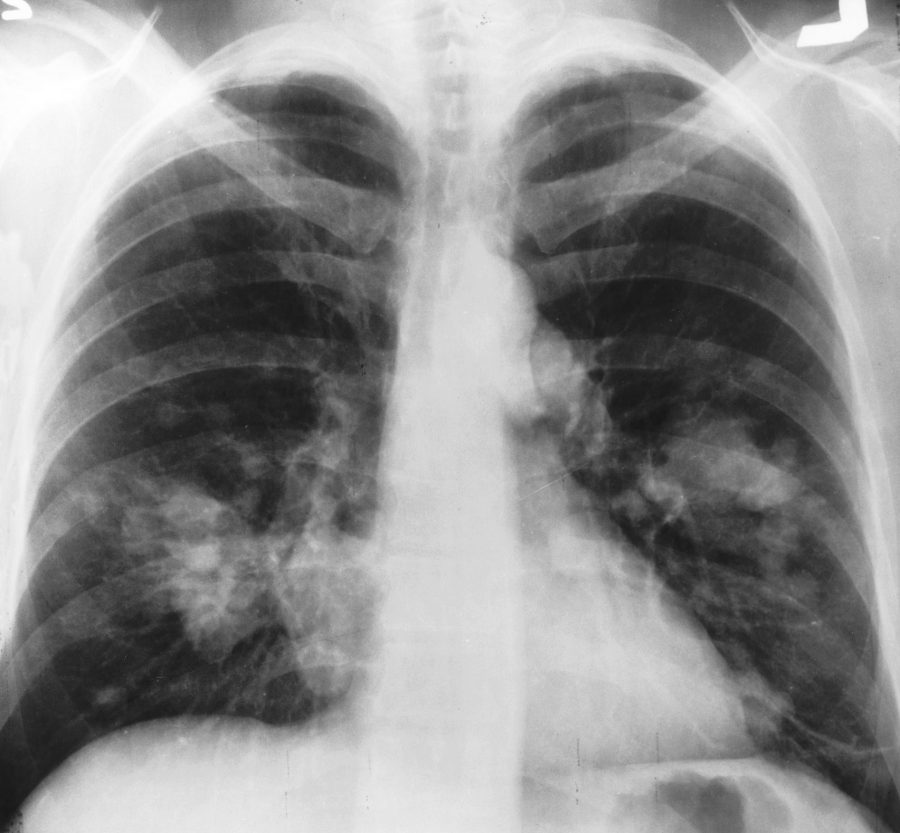Eighteen years ago, terrorists hijacked two planes and flew them into the Twin Towers in an unprecedented attack on U.S. soil, killing over 2,000 people. First responders flocked to the scene in an effort to save lives, but for many, this came at the cost of their health.
Smoke inhalation has caused first responders to develop chronic lung disease, affecting them for the rest of their lives. For 10 years now, researchers at NYU Langone School of Medicine have been studying survivors’ lungs to try and predict and prevent the development of lung disease in others.
The study has been ongoing for 10 years with the same subjects, according to senior study director Dr. Anna Nolan. Researchers examined 14,000 9/11 first responders by monitoring their blood samples, all taken within 200 days of exposure to harmful dust at the disaster site. The team used artificial intelligence to isolate 30 compounds prevalent in firefighters with limited airway obstruction. The compounds, known as metabolites, help break down proteins and fats in the body.
Last year, they published results suggesting those compounds could be predictive of lung disease and this year, they found the bodily chemicals could offer increased protection against respiratory and vascular diseases.
“We found that the presence of certain chemicals in the blood may actually protect you from damage,” said George Crowley, the lead co-investigator of the study. “One potential application of these findings is application of prophylactic measures to stop disease before it develops.”
While the research focuses on respiratory disorders brought on during 9/11 relief efforts, the team said their findings were applicable to a larger medical context. Co-investigator Dr. Sophia Kwon said that the results are increasingly important in alleviating lung obstruction from cigarettes, obesity and climate change.
Kwon said that one of the greatest challenges of the study was convincing the public that the study was relevant to a post-9/11 world.
“Some of the critique has been that, ‘There will never be another World Trade disaster, why are we studying this?’” Kwon said. “Our response is that there are exposures happening every day, and obesity, hypertension and diabetes are all sorts of diseases that coexist in many well-developed countries.”
Email Lisa Cochran at [email protected].


























































































































































